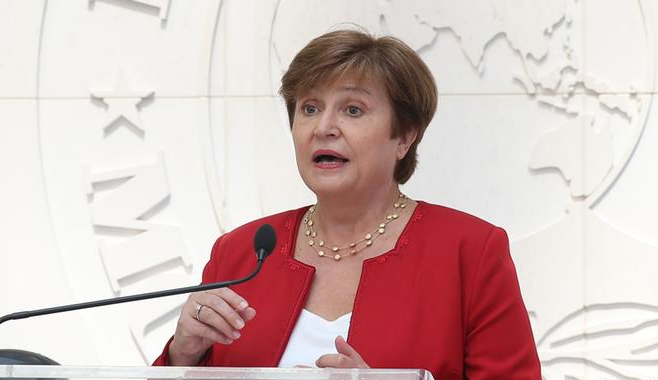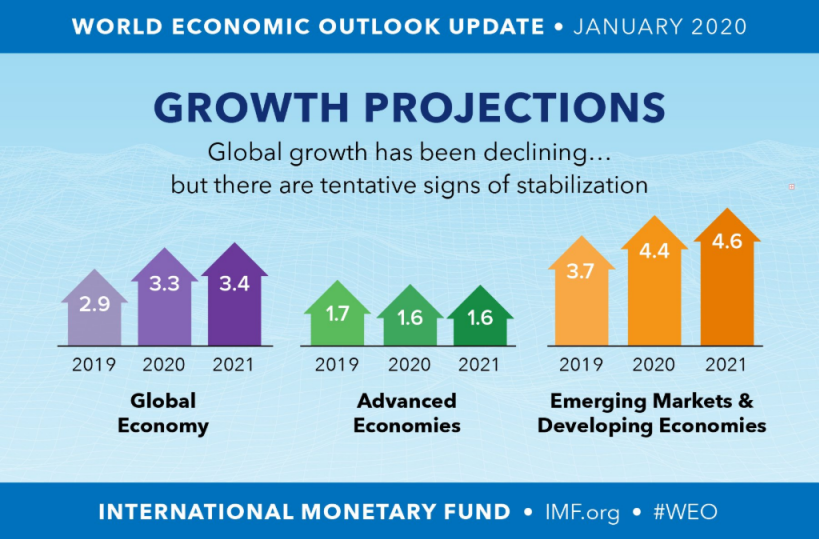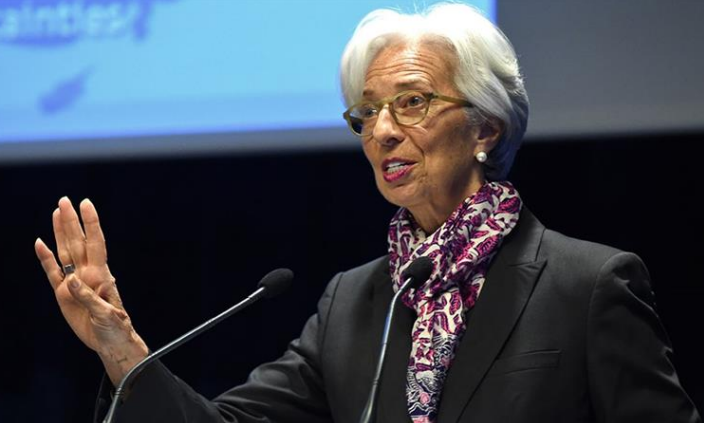Concerns about global trade have reached nearly 10 times the peaks seen in the previous two decades, the International Monetary Fund (IMF) has said.
“Globally, the trade policy uncertainty index is rising sharply, having been stable at low levels for about 20 years,” it said in a blogpost.
“The World Trade Uncertainty index jumped in the past year 10-fold from previously recorded highs as the US-China trade war escalated,” said the blogpost written by Hites Ahir, Nicholas Bloom and Davide Furceri.
The Americas and the Asia Pacific are most affected by concerns about the US-China trade war while Africa is least affected, the IMF said in a new index aimed at quantifying trade uncertainty.
The index is based on reports from the Economist Intelligence Unit (EIU) dating back to 1996 and borrows from the methodology used in the IMF’s own World Uncertainty Index.
To calculate the new gauge, IMF researchers counted how often the word ‘uncertainty’ appears in the EIU reports near terms such as ‘tariffs,’ ‘protectionism’ or ‘trade.’ (more…)




